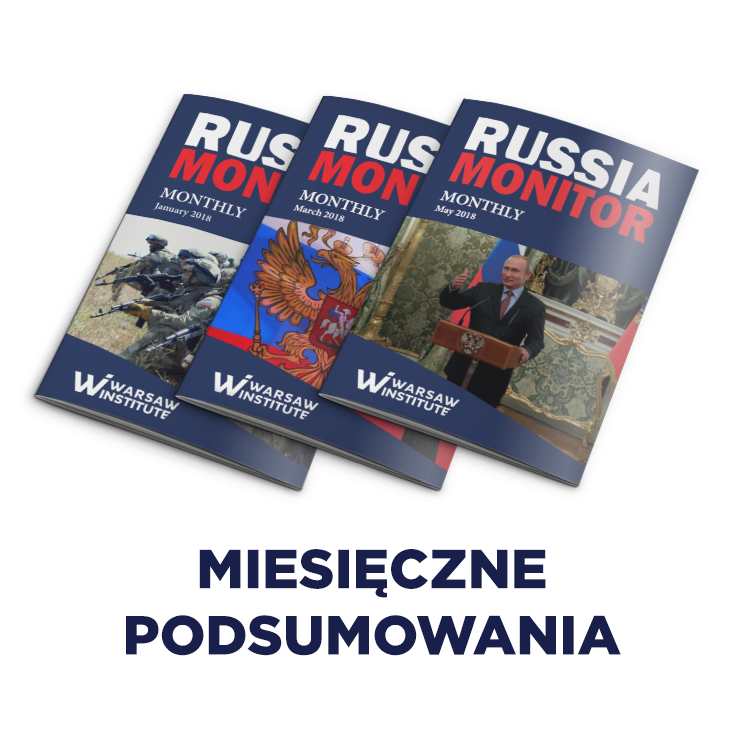Articles Patriotic Fund
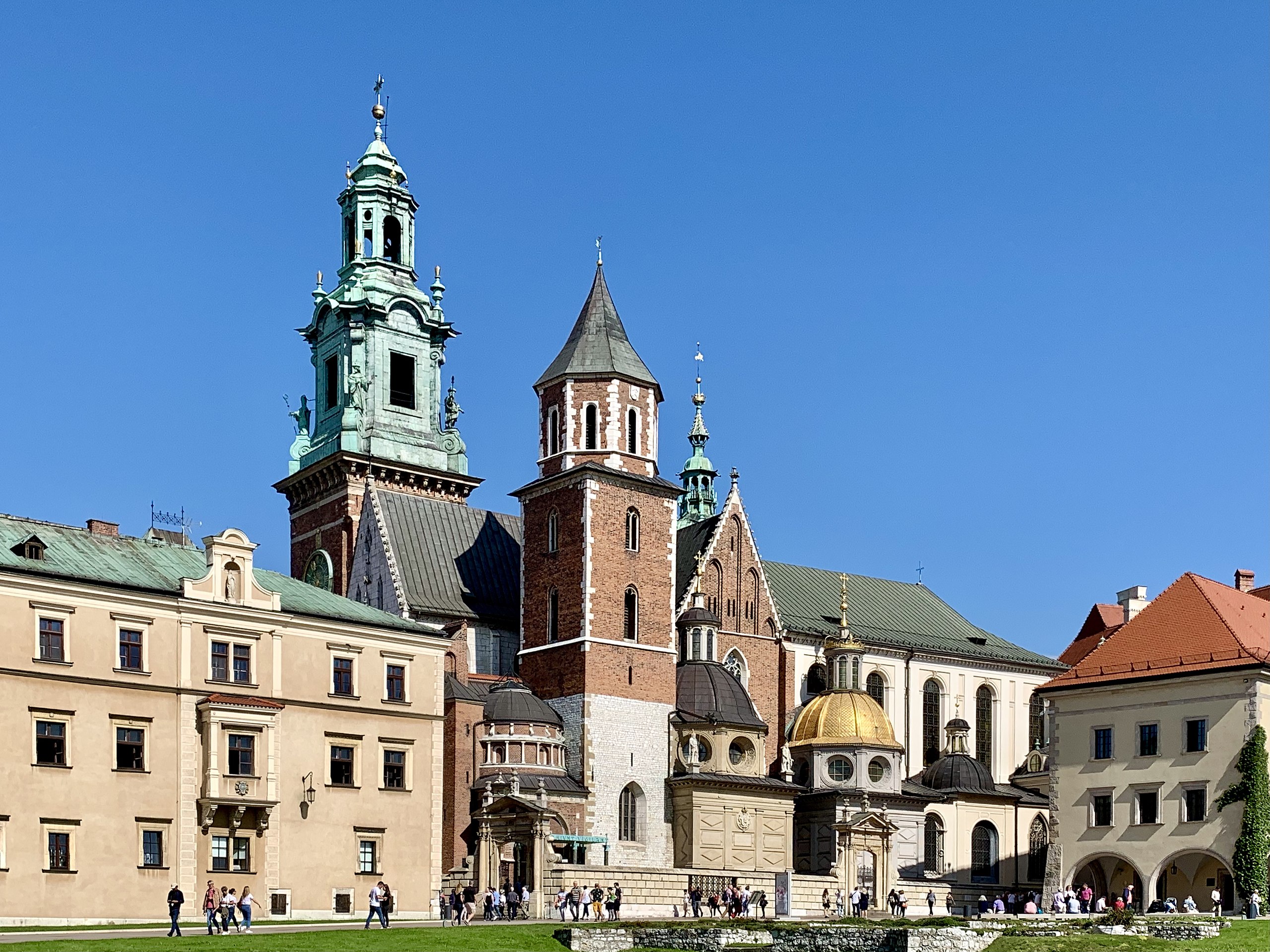
Cracow: The City That Survived
Cracow is the only major city in Poland that allows us to travel back in time to a Poland that no longer exists. Walking about the city, we are surrounded by monuments that have weathered the upheaval of two world wars. The particular character of the residence of Polish kings can be attributed principally to an entire generation that was prepared to defend it from the fate of other Polish cities, such as Warsaw.
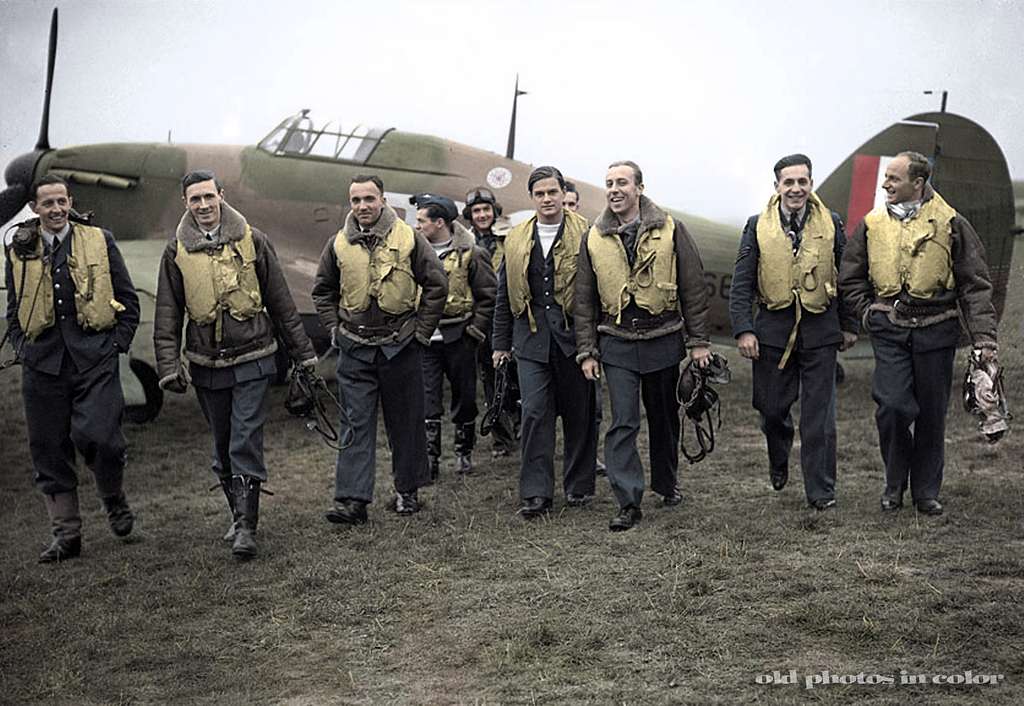
No. 303 Squadron: The Polish Heroes in the Battle of Britain
Polish pilots have earned a special place in British history. Formed on August 2, 1940, the 303rd Tadeusz Kościuszko Warsaw Fighter Squadron showed its exceptional efficiency and bravery during the Battle of Britain. With its heroism, No. 303 Squadron has proven to live up to the deeds of its great patron, Tadeusz Kościuszko.
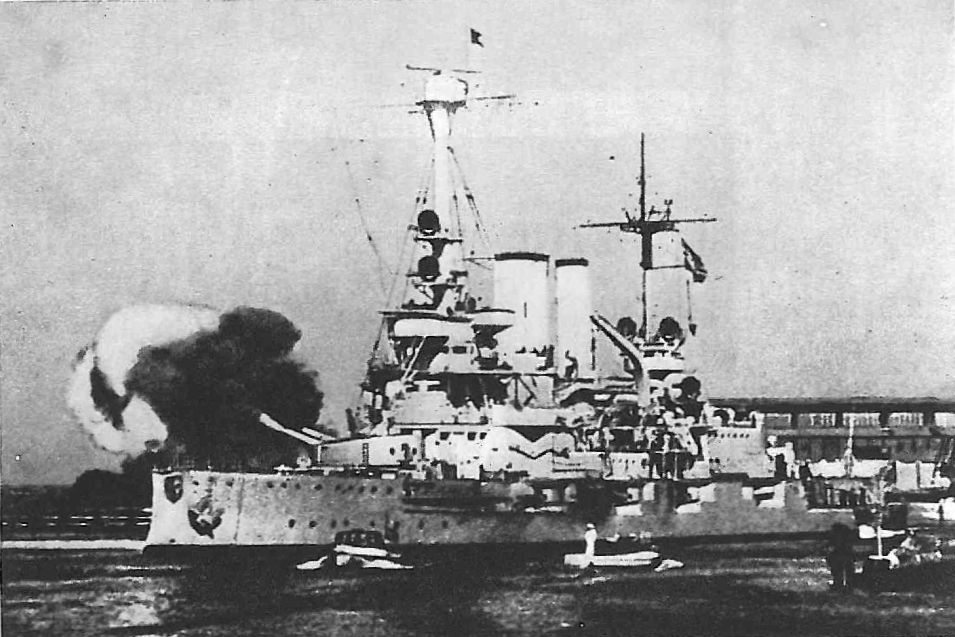
Defense of Westerplatte: The First Battle of World War II
The heroic defense of Westerplatte is recognized as the first battle of World War II. The garrison of the Polish Army, which from September 1 to September 7, 1939, defended the peninsula against the attack of the German battleship Schleswig-Holstein, has forever gone down in history.
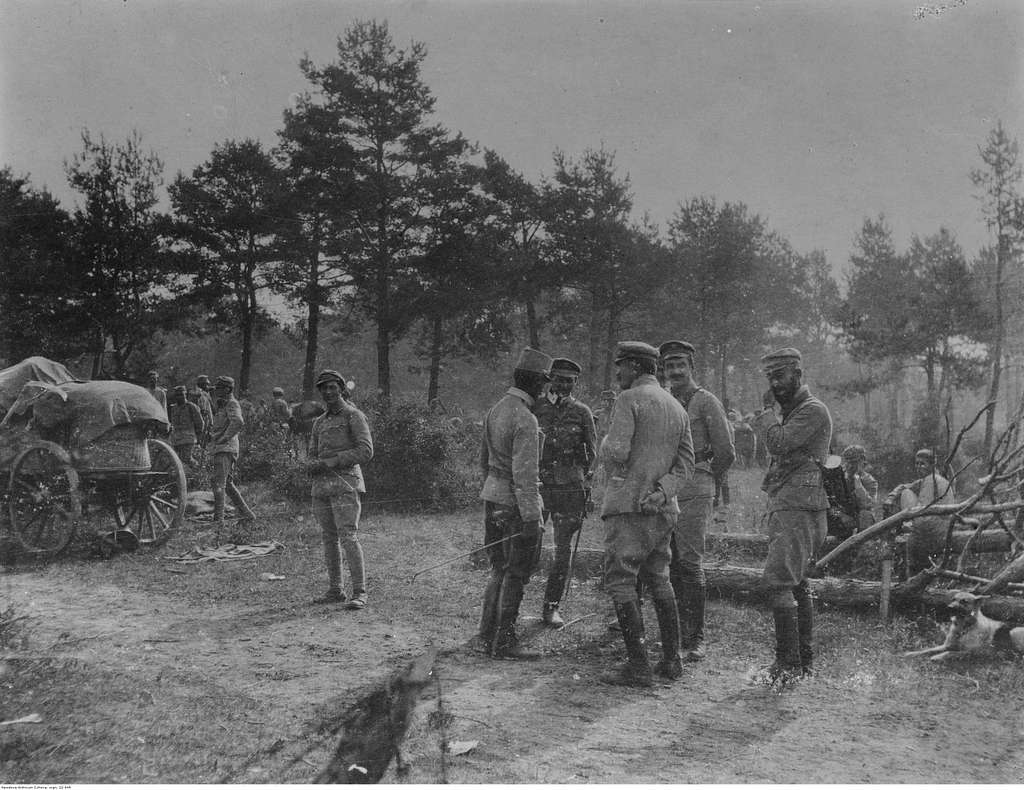
The Drama of the General
The fate of General Kazimierz Sosnkowski during World War II reflects the tragic situation of Poles at the time.
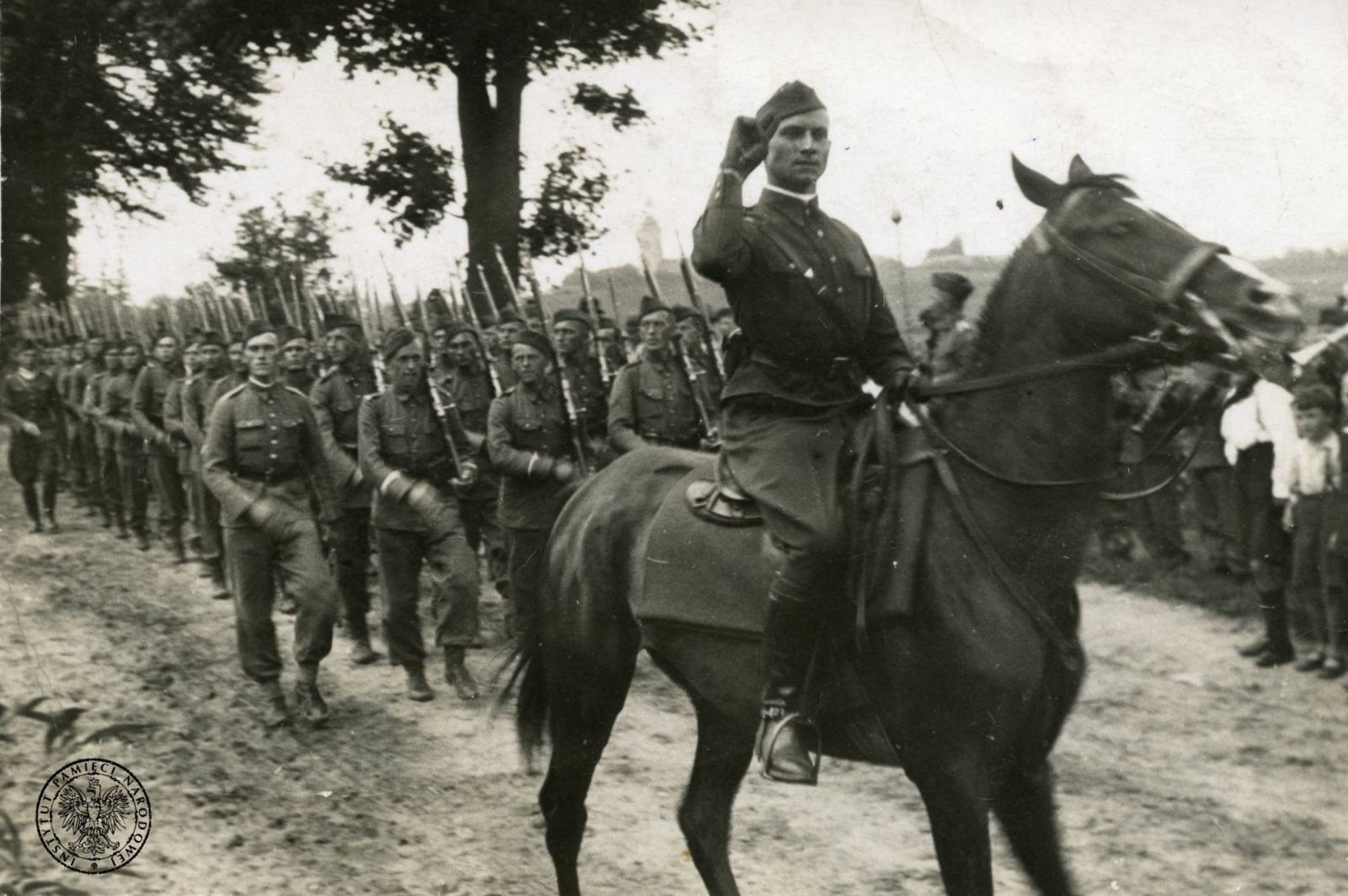
The Indomitable: Colonel Łukasz Ciepliński’s Fight for Poland’s Freedom pt. I
Colonel Łukasz Ciepliński “Pług” (lit. Plough) was a cursed soldier, a great patriot with indomitable spirit. He was born on November 26, 1913, in the village of Kwilcz. As a soldier, he was a member of the White Eagle Organization, the Union of Armed Struggle (Związek Walki Zbrojnej), the Home Army and the anti-communist Armed Forces Delegation for Poland. In 1945, he assumed command of the Southern Poland District of Freedom and Independence (Wolność i Niezawisłość), a Polish anti-communist association. He is rightly considered one of the legendary leaders of the Polish Underground State and the Second Conspiracy. Eventually captured and tortured by the NKVD, he left behind secret messages written in his cell and intended for his wife and son. He wrote them in the final moments of his life, just before his execution in 1951. They represent the dream of a free and independent Poland, a testament to his love for his family, God, and Homeland.
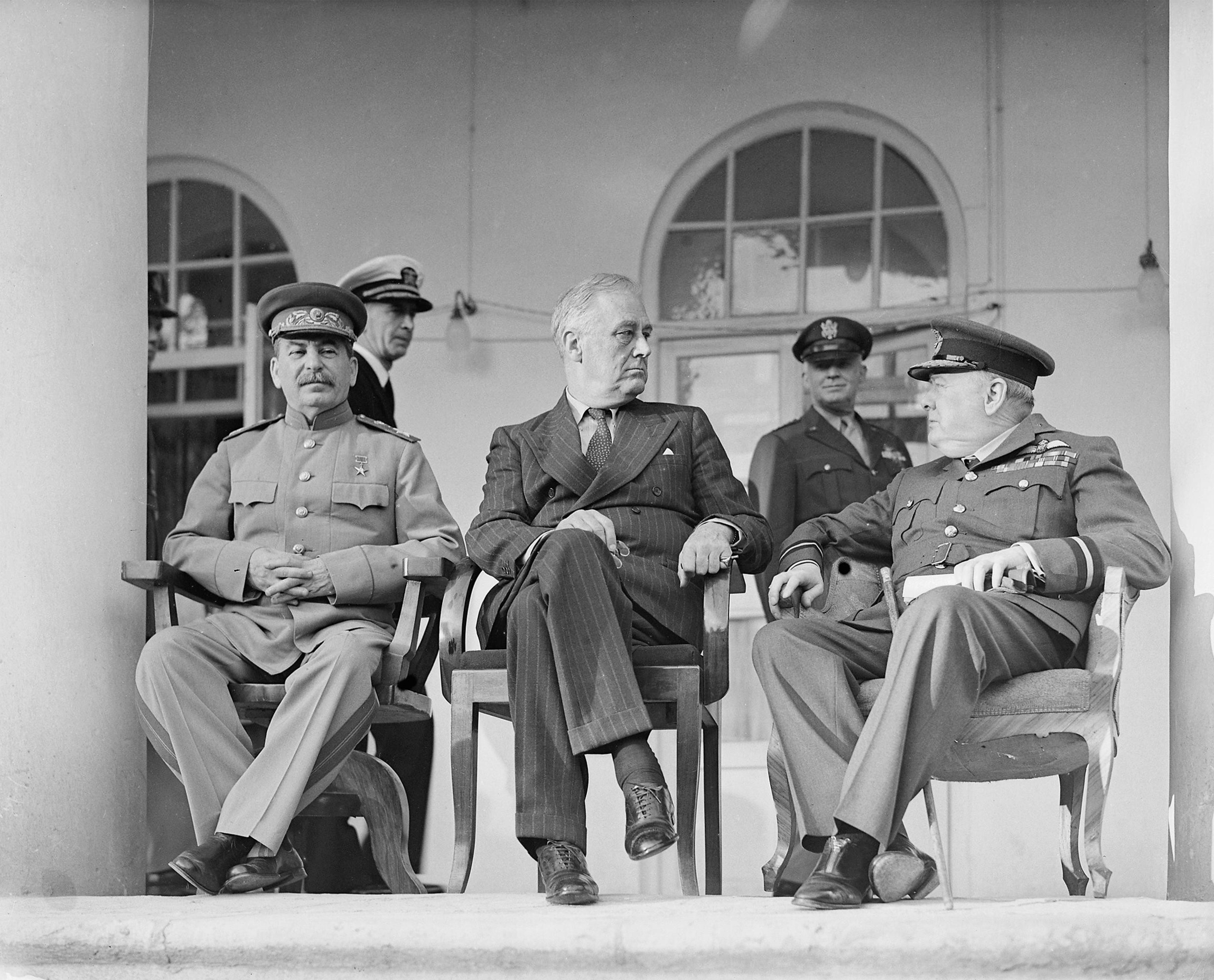
Lost race with the communists
As you know, World War II ended the German occupation, but the Poles found themselves under the totalitarian rule of Stalin. The authorities brought on Soviet tanks were not interested in the needs and opinions of the Polish people, but with orders from the Kremlin. But what would the Poles of that time want if they could decide about themselves?
The project was co-financed by the National Heritage Institute of Roman Dmowski and Ignacy Jan Paderewski as part of the Patriotic Fund – edition 2022 – Freedom in Polish – Priority I, run by the Ministry of Culture and National Heritage.





